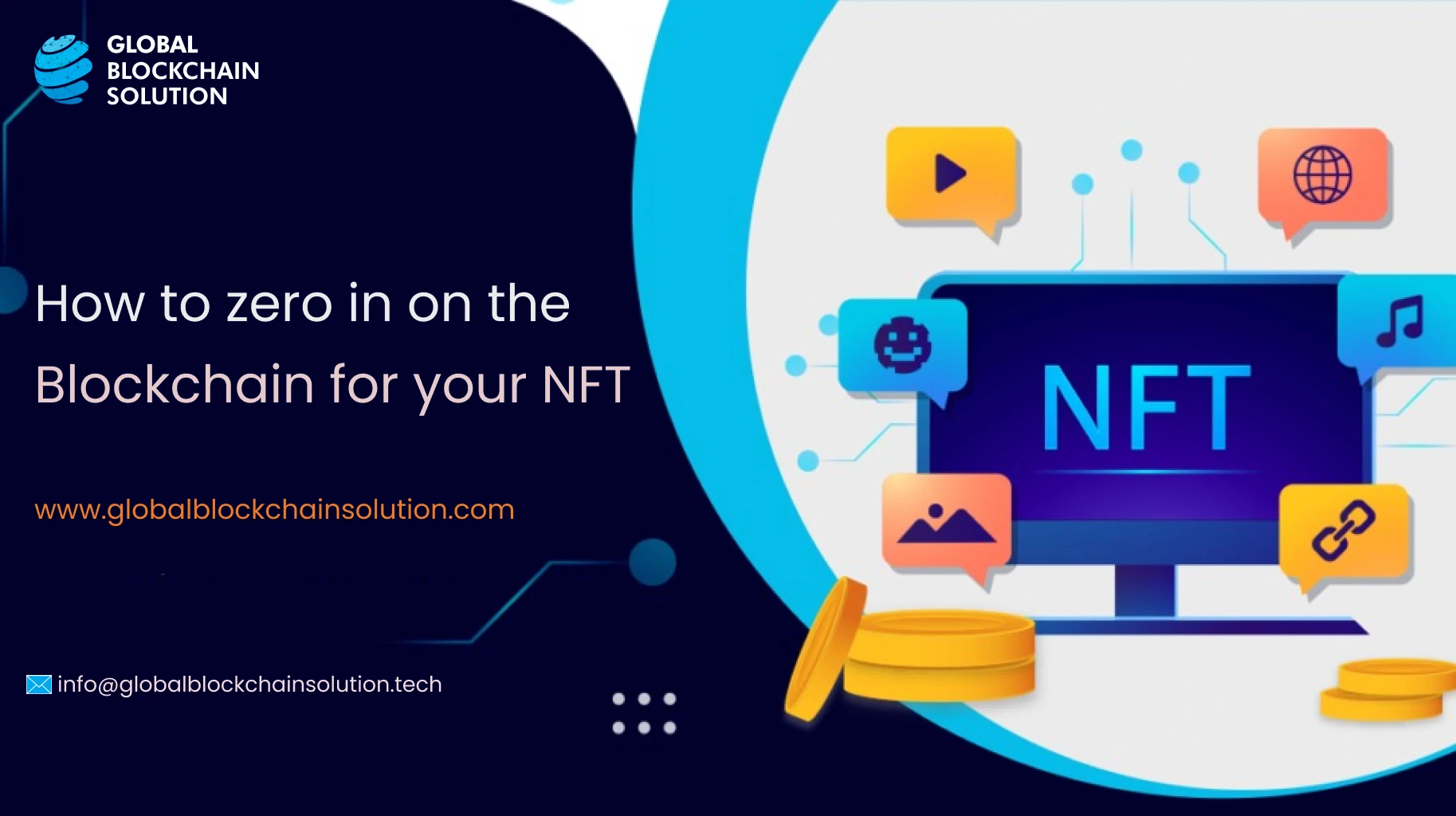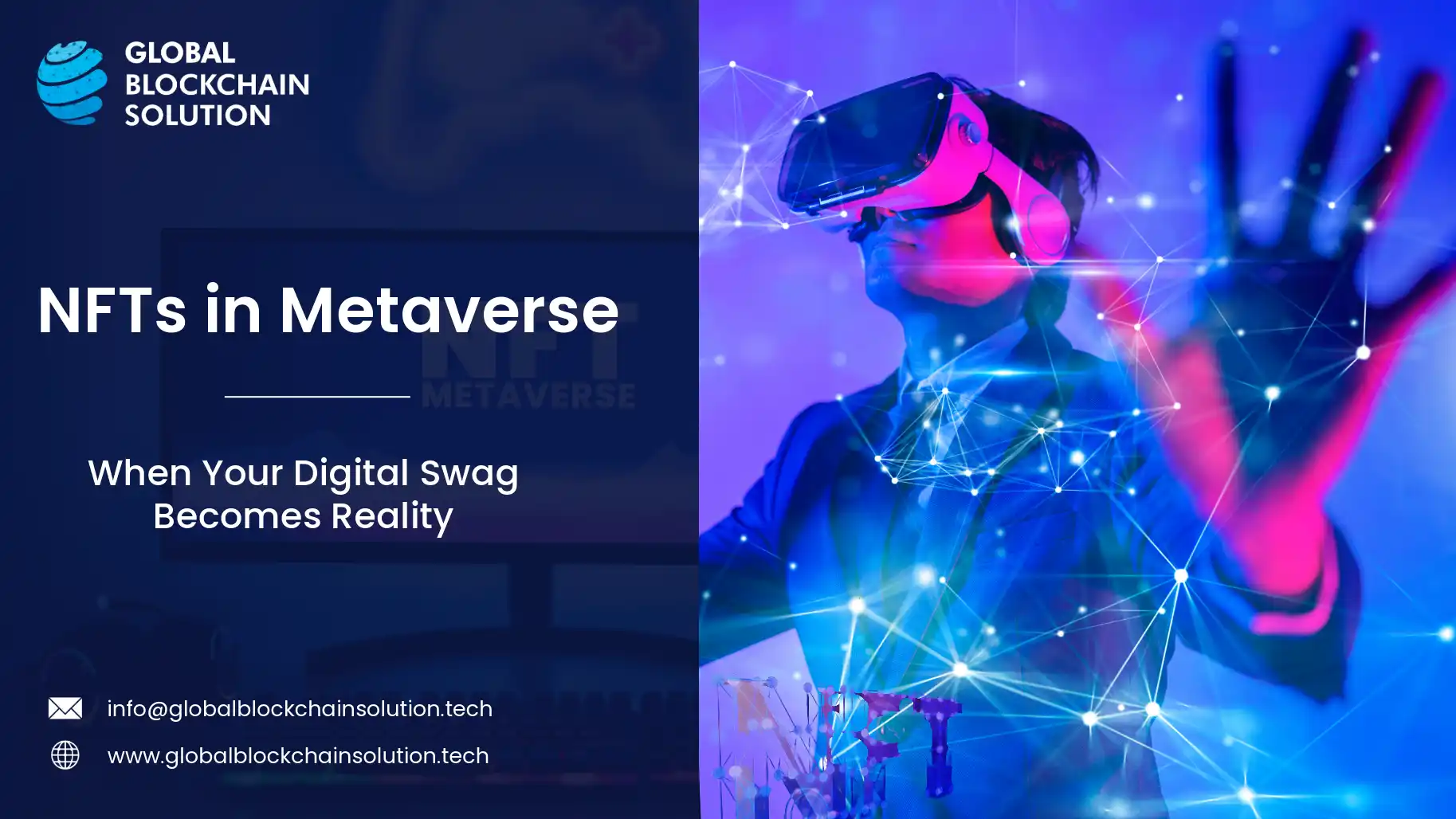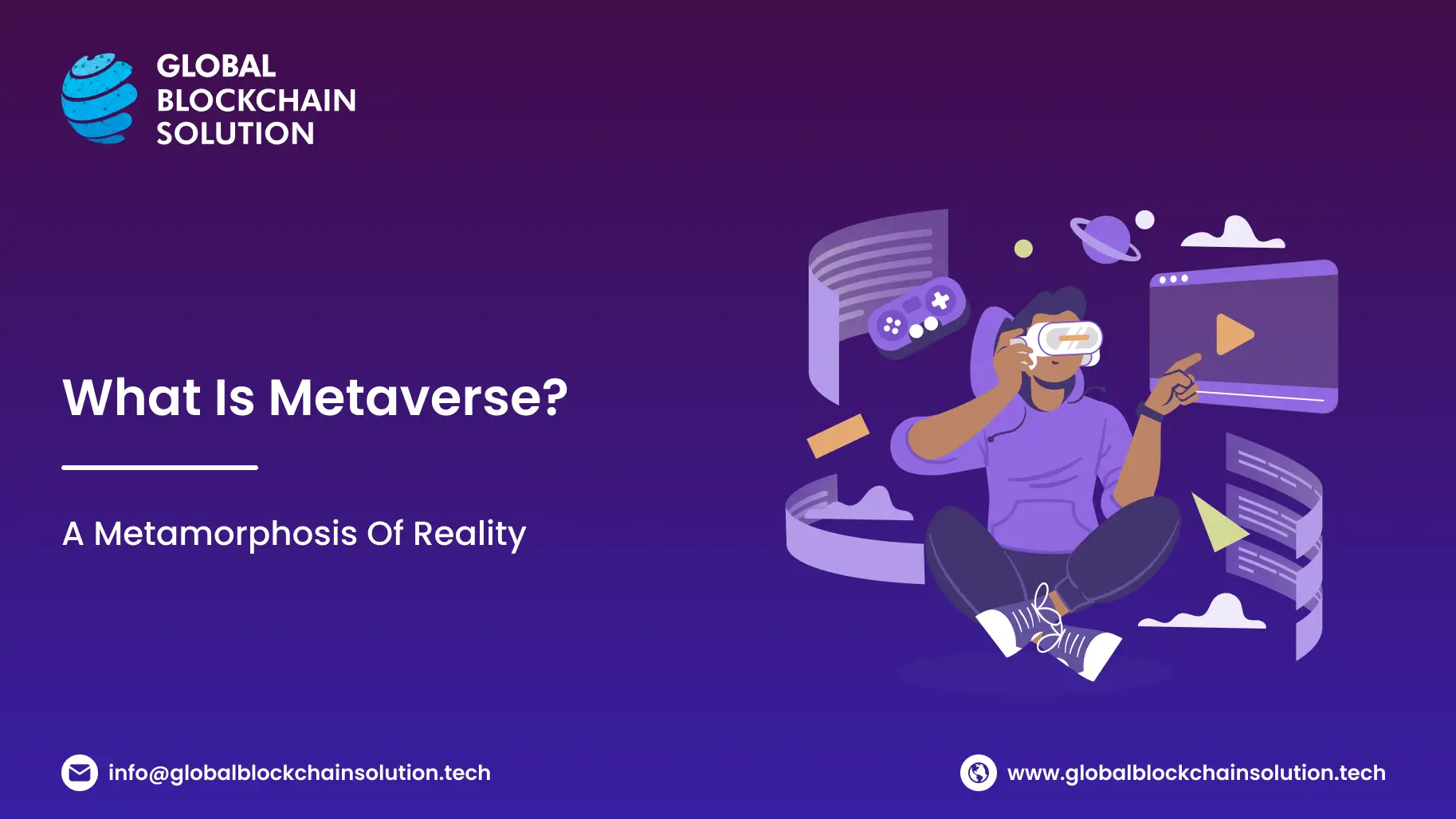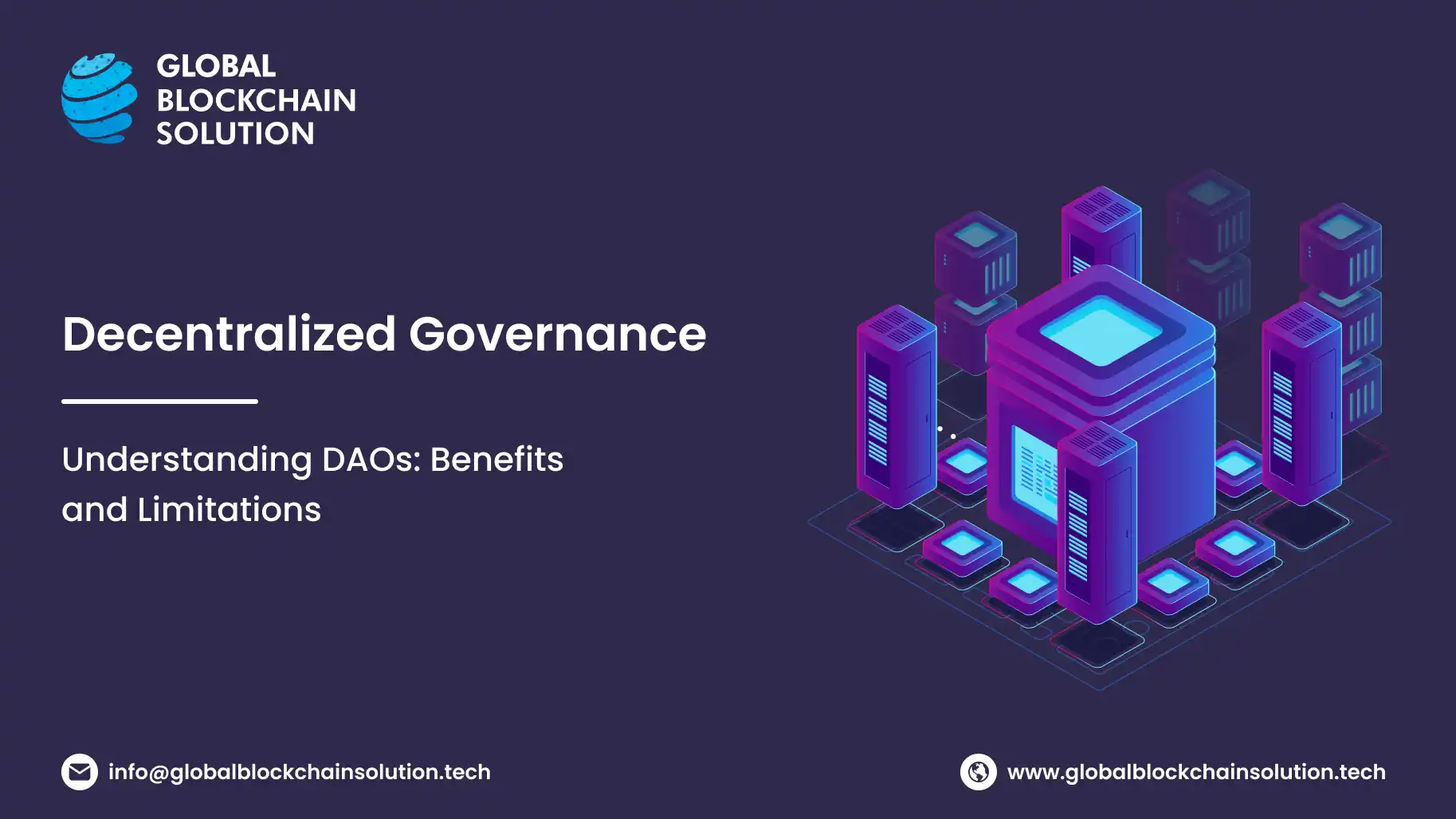Who hasn’t heard of NFTs in today’s world? Non-fungible tokens (NFT) ushered in a digital era that gave new meaning to art. What started as jpegs stored on a blockchain quickly grew to include artwork, music, assets, and much more. This relatively new technology has created a worldwide frenzy, and it only makes sense to get a piece of the pie. In fact, nearly 90,000 NFTs were sold in 24 hours generating a trading volume of around $20 million. Those are just 24-hour figures. Of course, there are individual projects like Crypto Punks and Bored Apes that generated millions in sales. All of this goes to show that NFTs have massive potential to pay off, provided they are sold and marketed on the right blockchain.
There has been a huge demand for blockchain technology solutions in recent years. With so many blockchains to choose from, it can be difficult to choose the one that will best serve your NFT project. For these reasons, before beginning to construct an NFT project on a blockchain platform, let’s explore the path to the best blockchain for NFT projects.
Speed
Nobody likes to wait these days. We are used to a fast-paced life and look for instant gratification in the way we transact as well. In fact, the faster the domain the more likely it is to succeed. Some blockchains can process a greater number of transactions per second due to their faster transaction rates. Others are a little sluggish. The need for speedy transactions is likely to increase as faster options become available.
The blockchain's transaction speed greatly impacts your NFT project's success and transaction costs. For instance, customers that want their transaction to be prioritized over others will have to pay miners additional fees when a blockchain platform with limited throughput is being used.
That being said, other factors like security should trump speed when selecting the ideal blockchain for your NFT project. That brings us to the next point.
Security
Security is a crucial issue, especially when dealing with sensitive and valuable projects like NFTs. You must select a blockchain platform with a proven track record of upholding the security history of peer-review and mining-free consensus processes, including proof of stake, in order to assure there are no security breaches (PoS).
Transaction Cost
Cost-effectiveness is a feature you should think about before and during picking the best blockchain for your NFTs project in addition to the previously covered factors.
The wider deployment of NFTs depends on low transaction costs. Why would you pay large transaction fees for something that isn't generally expensive? You must reduce your spending on blockchain development , especially in NFT. Therefore, it is important to carefully analyze the cost structure that the blockchain platform for NFTs uses. Choose a blockchain that provides affordable solutions for NFT-based transactions because these shouldn't always include high-value trading.
Tried and tested smart contracts
Smart contracts are used by NFT platforms to define the terms of trade between sellers and buyers. Hence, smart contracts must be put through testing in order to achieve the best level of resilience and efficiency on your blockchain. Only then can NFT developers and consumers be confident about the lowest potential risk of hacks, breaches, and outages.
It is crucial to pick a blockchain with rock-solid smart contract capability since a well-designed smart contract on a blockchain platform will ensure that the platform is completely secure.
Scalability
You must research the transaction capabilities before working on any blockchain. Decentralization, security, and speed are the three main aspects that must be taken into account when examining blockchain scalability. The Scalability Trilema states that you must obtain, at most, two of the three traits.
Functionality
Although they all operate on the same idea, blockchains might have different functionalities. Many blockchains, whether fully or partially open-source, rely on a robust ecosystem to find and resolve bugs and security flaws. The adoption rate indicates how widely a particular blockchain technology has been used. A blockchain with a high adoption level is a far wiser choice for your NFTs project than one with a low adoption level. Blockchain technology can advance more readily over the coming years the more widely it is adopted.
Now that you are aware of the important factors to take into account when selecting a blockchain for your NFT project, let's examine the most widely used blockchain platforms for NFT projects and learn more about their features.
Blockchain
Ethereum
Starting the list with Ethereum is surely no surprise. It has long been the ruler of the NFT world. Since its inception, the Ethereum blockchain has been the most popular option for NFT projects, and for good reason. Its proof-of-stake (PoS) consensus method (Eth 2.0) will allow for greater network scaling, faster transaction processing speeds (TPS), and lower transaction costs. Hence, Ethereum sets the bar for all types of smart contracts.
Solana
In terms of speed, Solana seems to be one of the pack leaders at the moment. This has caused the blockchain to gain popularity in the NFT space. Moreover, Solana’s Proof of History (PoH) system is highly scalable. It also has a throughput of around 65,000 TPS and has a low gas fee, which is something that everyone is looking for.
Additionally, Solana has a larger chain network and a low application fee. With more than a thousand transactions per second, it can provide a reliable infrastructure for NFTs in an economical and environmentally beneficial manner.
Polygon
A layer 2 Ethereum-powered blockchain, Polygon enables the creation of more efficient and scalable solutions. Its blockchain capabilities can work to increase the effectiveness of NFTs thanks to this stable protocol. The layer two protocol enhances the transaction per second (TPS). This makes it possible to easily and seamlessly carry out thousands of transactions without a hitch.
Numerous NFTs have been minted using Polygon and can be accessed by choosing the blockchain on a marketplace like OpenSea.
Cardano
When discussing popular blockchains, Cardano cannot be left out. The blockchain already has NFT but is not broadly known for its smart contract compatibility. However, there are no scalibility issues with Cardano and the blockchain is secure. To offer more efficiency, Cardano uses a proof of stake (PoS) and a first peer-viewed consensus method. Additionally, it is integrated with a unique, independent, and environmentally friendly blockchain network.
BSC (Binance Smart Chain)
For NFT to control the overall flow of transactions, the Binance Smart Chain (BSC) offers a platform that is capable of supporting smart contracts. In the cryptocurrency world, it is one of the fastest blockchain networks. BSC has a significant competitive advantage over other blockchain platforms thanks to its decentralized platform.
Binance Smart Chain's cross-chain transfer and transactions are validated by its proof of stake authority. Also, Binance Smart Chain was built for exclusive NFT compatibility.
Flow
This blockchain is user-friendly for developers, making it ideal for creating marketplaces and digital assets. The platform aims for scalability through smart contracts, which were created using the Cadence Programming Language and are upgradeable. Flow also has a multi-node architecture for collection, verification, execution, and consensus.
In conclusion, NFTs are increasingly being seen as a method to introduce products, raise money, and give marginalized communities a voice. There is speculation that NFTs may be the key to a brand-new democracy. One reason for the boom is that practically any file or physical asset can be turned into a highly-secure one-of-a-kind digital asset that makes buying or selling it super easy and secure. For this reason, there are a few factors to take into account when selecting the best blockchain. To make sure that the blockchain you choose for your NFT is reliable and effective, you must carefully analyze the aforementioned points, including speed, security, cost, and a host of other factors. However, the task need not seem so daunting, as there are NFT development companies that will handle the entire project for you. This means that you can just focus on your idea or vision while the company handles the rest.




